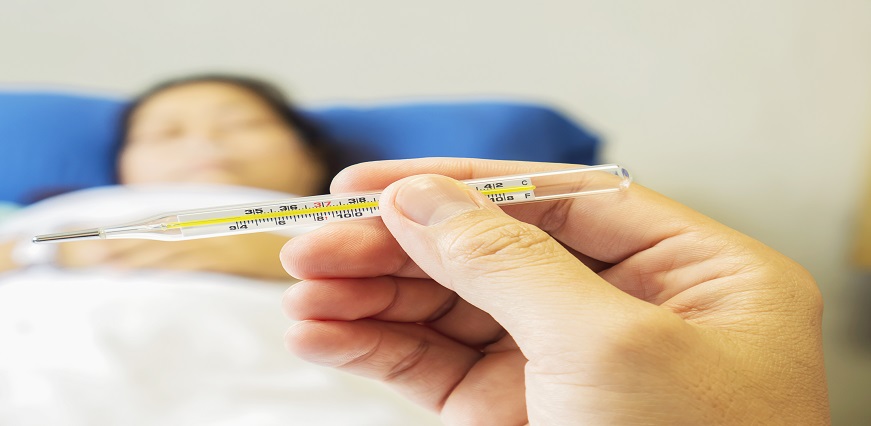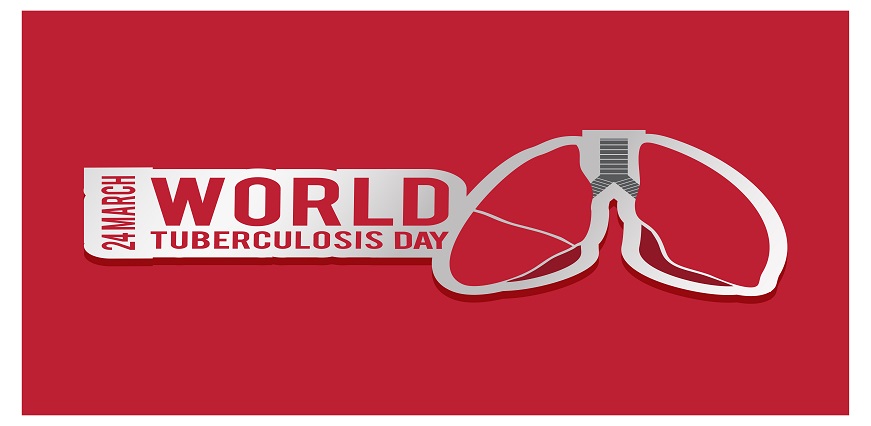


Max Lab
Aug 17, 2022
The list of birth defects that may affect a foetus is a fear that plagues a majority of expecting mothers all across the world. However, expecting mothers can opt for a simple blood test during the second trimester of their pregnancy for evaluating the risk of the baby having any genetic defects.
The quad screen test, also known as the maternal serum screen or quadruple marker test, is a blood test that is ideally performed between the 15th and 20th weeks of pregnancy. The test gives expectant mothers useful information about their unborn baby and helps estimate the baby’s risk of developing chromosomal abnormalities. The list of birth defects that a quad screen test can help detect include the open neural tube defect, Down Syndrome, abdominal wall defects, and other types of genetic defects.
Birth defects, or congenital disorders, are quite common and refer to problems that occur in utero when the baby is developing. Birth defects can range from minor to severe and may affect the appearance, physical or mental development, or organ function of the baby. From chromosomal abnormalities to neural tube defects, the causes may vary, but there are certain factors that can increase the risk of having a baby with a birth defect:
A majority of cases of Down Syndrome and Trisomy 18 occur because each cell of the body has three copies of chromosome 21 or chromosome 18, respectively, instead of the usual pair of chromosomes. The extra copies of chromosome 21 or chromosome 18 disrupt the normal course of development, creating the characteristic features of the conditions, and also increase the risk of developing certain health problems down the line. On the other hand, for other conditions, like abdominal wall defects or neural tube defects, the causes are not very clear, but there are several factors that may play a role in the development of the condition, like environmental conditions, nutrition, and genetic factors.
The quad screen test is one of the multiple prescribed tests that are performed during pregnancy. The test helps evaluate the chances of a pregnant woman carrying a baby with birth defects like:
The quad screen test analyses a blood sample taken from the expecting mother to check for the presence and levels of four substances, that are normally found in the baby’s amniotic fluid, brain, blood, and spinal fluid:
As the pregnancy progresses, the levels of these substances in the blood also change and are used as markers to alert the consulting doctor about the possibility of the baby having a birth defect.
It is important to note that abnormal results in the quad screen test do not necessarily mean that the baby has a birth defect. The test only helps evaluate the risk of the baby being born with a congenital defect and the results of which must be accounted for based on individual cases.
While it is a popular prenatal test and is recommended by many healthcare professionals, undergoing the quad screen test is a personal choice as it is not mandatory. In the end, it is up to the mother and her loved ones to decide whether they wish to undergo the test.
Proper prenatal care allows doctors to monitor the health of the baby and the mother, helping ensure that this exciting time is not full of trepidations. Any and all concerns one may have should be discussed with their consulting doctor at the earliest.






Comments